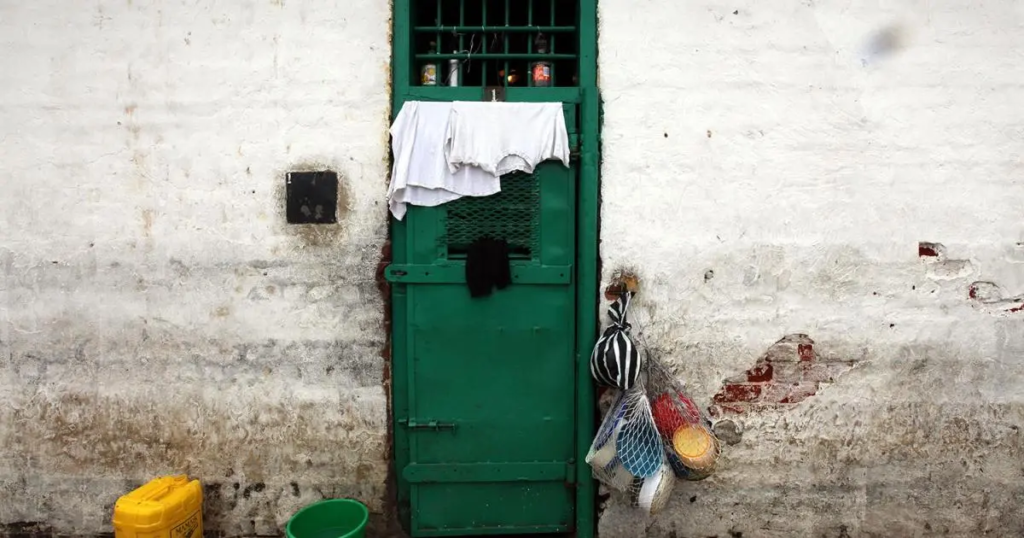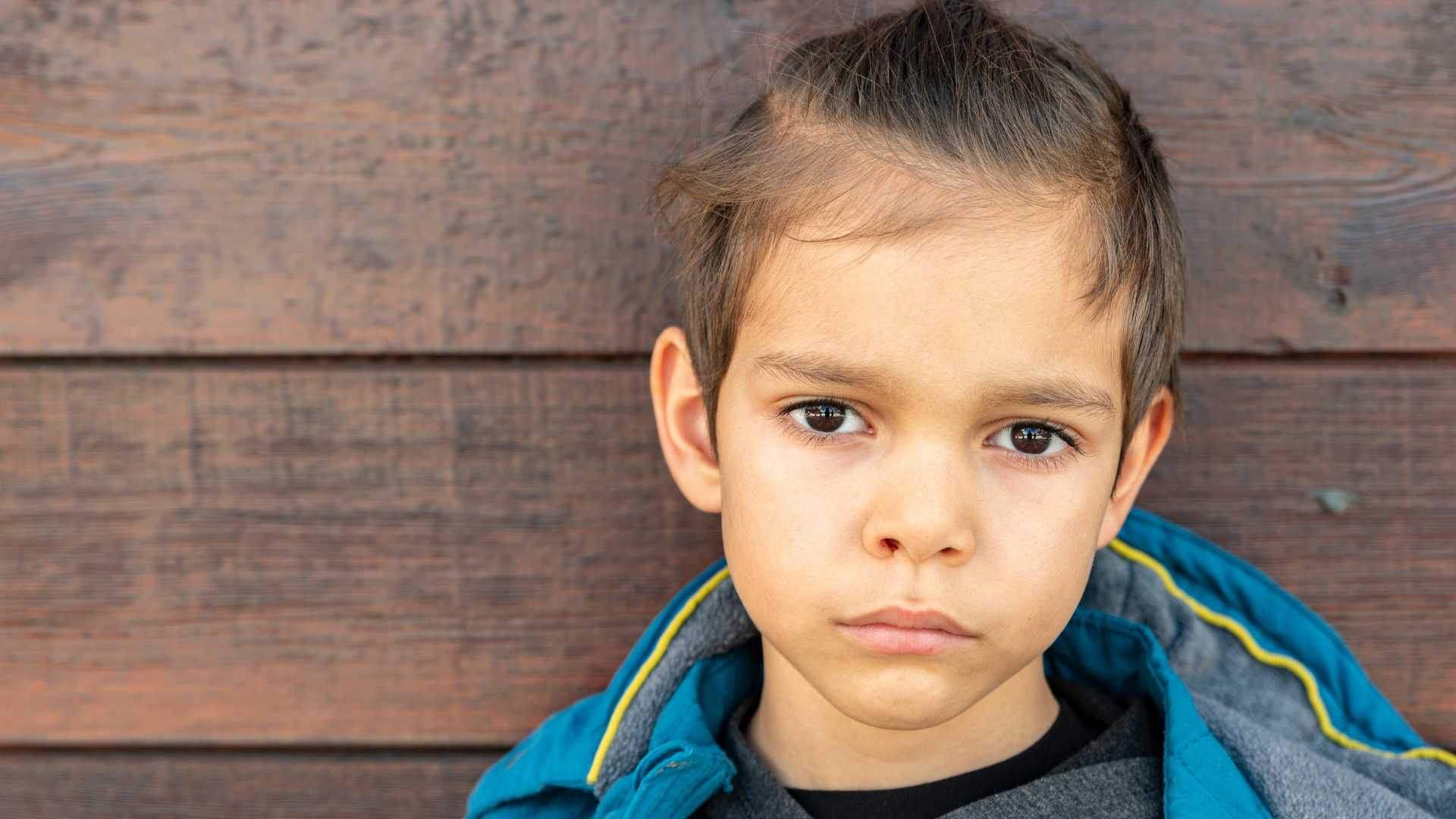Queensland’s controversial “Adult Crime, Adult Time” legislation has sparked fierce debates across Australia and internationally.
Designed to address youth crime, the new laws have drawn both support and widespread criticism for their potential impact on children, especially marginalized groups like Indigenous youth.
Understanding the “Adult Crime, Adult Time” Laws
The “Adult Crime, Adult Time” reforms were enacted through the Making Queensland Safer Bill 2024. These laws now impose adult-equivalent penalties on children as young as 10 for 13 serious offences, including murder, aggravated assault, and breaking and entering.
Prior to the reforms, children were subject to a different legal framework, with life sentences reserved only for extreme cases. Now, children convicted of murder face mandatory life detention with a non-parole period of 20 years.
The legislation also eliminates key protections, such as the provision that made detention a last resort and restorative justice orders aimed at reducing reoffending through victim-focused approaches.
Read : TOI-3261 b: Planet Where a Year Lasts for Just 21 Hours Discovered
Premier David Crisafulli defended the legislation, asserting that it reflects the will of Queenslanders and prioritizes the rights of victims. “These laws are for every Queenslander who has ever felt unsafe and been a victim of youth crime across our state,” he said.’
The Making Queensland Safer Laws have passed Parliament. pic.twitter.com/JzAgRiwBSm
— David Crisafulli (@DavidCrisafulli) December 12, 2024
However, these measures have been criticized for discarding rehabilitative approaches in favor of punitive ones. The laws also allow prior criminal histories to weigh heavily in sentencing, effectively holding young offenders to the same accountability standards as adults.
Data and Criticism of the Reforms
While the Queensland government framed the laws as a necessary response to a youth crime crisis, statistical data contradicts this narrative. Reports from the Australian Bureau of Statistics and the Queensland Police Service reveal that youth crime has significantly declined over the past decade, reaching its lowest levels in 2022.
Critics argue that the government exaggerated the youth crime crisis to justify these drastic reforms. Legal experts, human rights advocates, and international organizations have raised serious concerns about the laws’ implications.
Anne Hollonds, Australia’s Commissioner for Children, described the legislation as an “international embarrassment.” She pointed to research demonstrating that harsher penalties increase recidivism rates. “The younger a child comes into contact with the justice system, the more likely they are to reoffend,” she emphasized.

The United Nations also condemned the laws, arguing that they violate international conventions on the rights of children. Ann Skelton, Chair of the UN Committee on the Rights of the Child, criticized the reforms as a step backward in upholding human rights.
Indigenous advocates have highlighted the disproportionate impact on First Nations children, who already face systemic discrimination within Australia’s justice system.
Maggie Munn, from the Human Rights Law Centre, called the laws a moral failure, while Blake Cansdale, of Change the Record, argued that punitive measures fail to address underlying issues such as poverty, trauma, and systemic racism.
The Long-Term Impacts and Challenges
Queensland’s youth detention system, already overcrowded, is expected to face additional strain under the new laws. Critics warn that conditions in these facilities could become dire, with more children held in police cells for extended periods due to a lack of space.

The removal of the “detention as a last resort” provision has sparked significant concern among child rights advocates. Without alternatives like community-led rehabilitation programs, young offenders are more likely to become entrenched in a cycle of criminality.
Rachana Rajan, Associate Legal Director at the Human Rights Law Centre, criticized the reforms for prioritizing punishment over rehabilitation. “Prisons are not places of healing or transformation,” she said, calling for investments in community programs that address the root causes of youth crime.
Supporters of the laws, including the Queensland Police Union, argue that tougher measures will restore accountability and reduce victimization. Attorney-General Deb Frecklington stated that the laws “hold people accountable for their actions” and aim to deter future crimes.
However, legal experts warn that the laws may lead to unintended consequences, such as increased court delays and fewer guilty pleas as young offenders attempt to avoid harsh penalties. Critics also highlighted the rushed nature of the parliamentary inquiry, which lasted only eight days and failed to thoroughly consider the evidence against these measures.

The long-term societal costs of the legislation remain uncertain. Experts fear that criminalizing children at such a young age could perpetuate cycles of poverty, trauma, and social exclusion. Additionally, overburdened detention facilities are likely to struggle with providing basic care and rehabilitation services, further exacerbating the issue.
Queensland’s new laws represent a dramatic shift in how youth crime is addressed, prioritizing punitive measures over rehabilitation and prevention. While the government claims to be responding to public concerns about safety, data suggests that the reforms may create more problems than they solve, particularly for vulnerable groups like Indigenous children.
The international backlash, coupled with concerns from human rights organizations and legal experts, underscores the risks of abandoning rehabilitative approaches.
Without addressing the root causes of youth crime—such as systemic inequities, intergenerational trauma, and lack of social support—Queensland’s approach may prove not only ineffective but also deeply damaging to the state’s most vulnerable children.

